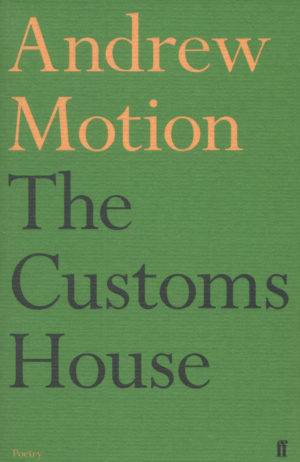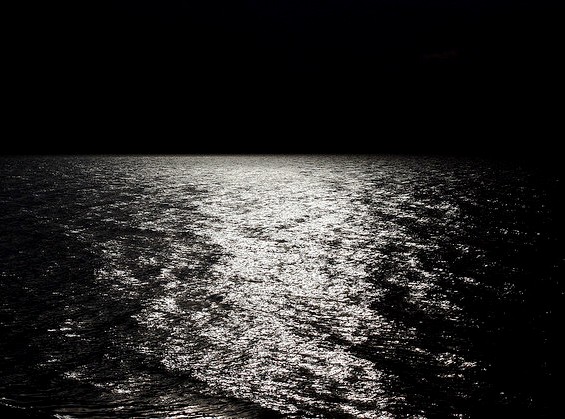Andrew Motion’s Poetry
Poets and poems responding to World War I have reflected a fascination of the “Great War” and its impact on the world. Writers and historians, too, found that the “war to end all wars” neatly, yet jaggedly, divided the old world order from the new. Life looked different after this conflict.
The war produced several poets who became famous in death, such as Rupert Brooke and Wilfred Owen, and several who survived the war but became part of the Lost Generation, such as Seigfried Sassoon and Robert Graves. Their poetic styles varied widely, but they shared a view of war that was both realistic and resistant. Poetry served as the means to illustrate both.
The first half of Andrew Motion’s The Customs House: Poems shares that same realistic and resistant view of war. A series of poems about war stretches from World War I through the wars of today, including Iraq and Afghanistan. But the poems not only include the battlefield and theaters of war, but also the home front and the aftermath of war. These poems often tell stories, but they all examine war with a cold, penetrating eye.
Now Then
It was not my war, but all the same
my father handed over the harness
of his Sam Browne for me to polish,
and his enormous boots. There was
no way I could ever make the toes
brighter than they were already.
Years later I was riding a train south
from Gdansk to Warsaw at 4.oo am.
The pine forest swarmed beside me,
lit by the gentle glow of our carriages
and sometimes by devilish icy sparks
which flew from our wheels at points.
Tell him about the smell, my mother said,
working hard on his buttons with Brasso
at the window-end of the kitchen table.
She meant the smell of Belsen, the first
my father had known of any such place.
He slowly shook his head. I don’t think so.

The second half of the volume contains generally shorter poems, one group devoted to short scenes or vignettes from such places as Brooklyn, Cozumel, Pyongsan and Orkney, and another series of poems about specific birds. The second group contains the title poem, “The Customs House, ” about crossing a border with goods that may or may not be the subject of confiscation. These poems are as pointed and powerful as the war poems, and the reader begins to sense a strong thread of realism coupled with resistance running through the entire volume.
Motion has had a distinguished career in poetry, including serving as Poet Laureate of the United Kingdom from 1999 to 2009. He has published 16 volumes of poetry, five works of fiction, and several works of criticism and biography, including biographies of Philip Larkin and John Keats.
The Customs House is a collection full of quiet reflection and deep understanding, pointing to a common humanity regardless of which side of any war we’re on.
Image by Kevin Dooley. Sourced via Flickr. Post by Glynn Young, author of the novels Dancing Priest and A Light Shining, and the forthcoming Poetry at Work (T. S. Poetry Press).
- “Horace: Poet on a Volcano” by Peter Stothard - September 16, 2025
- Poets and Poems: The Three Collections of Pasquale Trozzolo - September 11, 2025
- Poets and Poems: Boris Dralyuk and “My Hollywood” - September 9, 2025

Maureen Doallas says
If you haven’t read it, you would enjoy, I think, Motion’s collection ‘The Mower’.